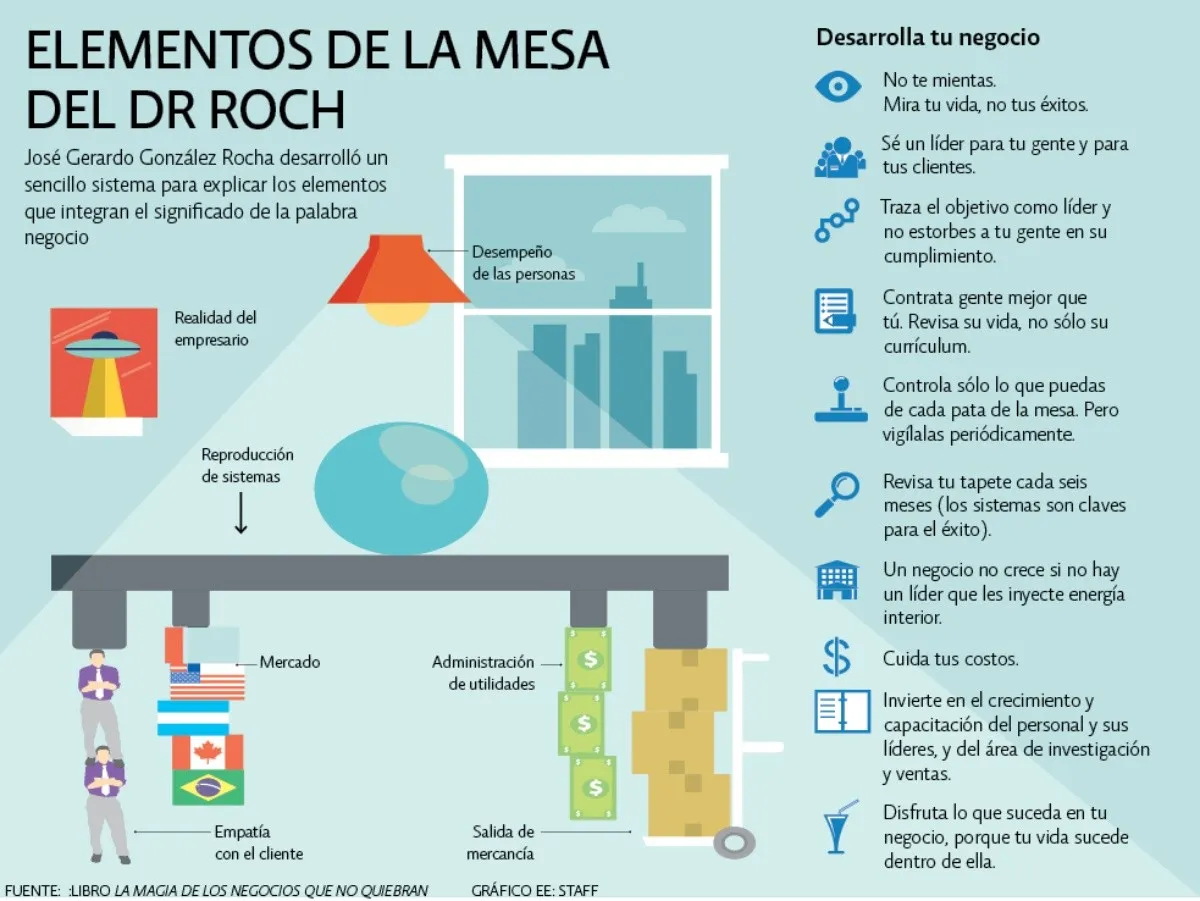
The Procrustean Syndrome in Business
What is Procrustes Syndrome and how to deal with employees who suffer from it?
Procrustes Syndrome is a psychological disorder whose name comes from Greek mythology. Its literal meaning is as follows: it affects those who cut off the head or feet of someone who stands out.
Who was Procrustes according to Greek mythology?
Procrustes, in Greek mythology, (from ancient Greek Προκρούστης “Prokroústês” or Procrustes, literally 'stretcher'), also called Damastes ('overpowering' or 'controller'), Polypemon ('many damages') and Procoptas, was a bandit and innkeeper from Attica (a region south of Greece or according to other versions on the outskirts of Eleusis). He was considered the son of Poseidon and in some versions he was a giant, who welcomed solitary travelers and cut off their heads or lower limbs if they did not fit in the bed.
According to this legend and definition, it is clear that this pathology causes those who suffer from it to be intolerant of the successes of others. Thus, people who suffer from Procrustes Syndrome detest those who stand out in some way and reject all the projects and ideas they propose.
When a person suffers from it, they usually generate discomfort around them, causing disastrous results in any social organization.
This leads to situations of regression and lack of progress. Below, we will tell you exactly what it consists of and how to deal with it in a work context.
What is the profile of a person with Procrustes Syndrome?
The main characteristics of people with Procrustes syndrome are:
- Fear of being rejected.
- Hatred towards others.
- Inability to recognize the virtues and/or achievements of others.
- Fear of being surpassed.
- Envy.
- Low tolerance for frustration.
- Feelings of inferiority.
- Low self-esteem.
Those who suffer from Procrustes Syndrome suffer greatly and feel bad when other people are right and they are wrong.
Furthermore, they are usually unaware of what is happening to them and may even think they are empathetic.
They are often afraid of meeting proactive people who are professionally successful or of sharing time with colleagues who have more knowledge, initiative or abilities than they do. In fact, they feel so uncomfortable around these people that they focus their energy on limiting their abilities for fear of exposing their shortcomings.
What is the Procrustean bed?
The Procrustean bed is a proverbial expression that refers to those who always try to accommodate reality to their interests or their vision of things. When objections are made to their rigid approaches, they get upset, and continue on without flinching, convinced that they are always right.
In this sense, it is common that they end up trying to gather support within their team to eliminate the people who have real initiative, which affects the work environment.
Consequences in the work environment
The consequences of having people with Procrustes Syndrome in your workforce are diverse, as a large number of problems can arise.
Check if any of these apply to you in your company or family… I list them below:
– They create a bad environment, in which stress and tension reign.
– They prevent progress and positive changes.
– If they hold any leadership position, they do not help to optimize work teams.
– They put their prejudices before their performance.
– They can distort data or reports to fit their vision.
– They don’t let people who do things better than them do them.
– They boycott and humiliate their peers when they excel
– They evaluate others with standards that they do not meet.
– They prefer conformity, mediocrity and uniformity, rather than aiming for excellence, as long as no one stands out above them.
Do any of these situations sound familiar to you? They do to me, terribly so!
If you want to improve these points I invite you to sign up for Leaders' Summit, the three-day retreat that develops skills that are still in potential and that strengthens and updates your leadership. Thank you for reading me. Dr. Roch.



